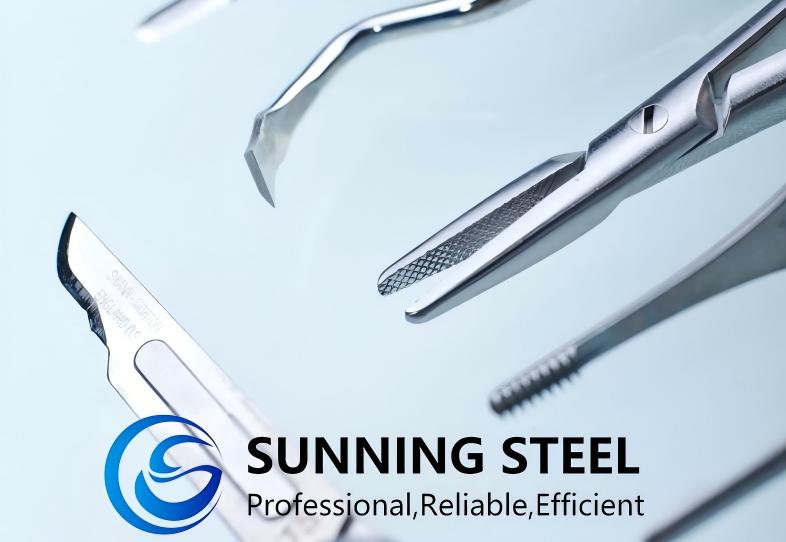
In medicine, the quality of surgical instruments affects patient safety and results. Every scalpel, forceps, or orthopedic tool depends on a material made for precision and reliability. High-precision alloys are key to this. They have strength, corrosion resistance, and biocompatibility. So they are the top choice in modern healthcare.
This article explains the role of high-precision alloys in surgical instruments. It shows their main properties and why manufacturers around the world use them.
Surgical instruments face hard conditions. They must cut cleanly. They must keep sharp edges. They must resist wear. They must survive many sterilization cycles. Ordinary metals cannot meet all these needs. High-precision alloys answer. They are blends of metals made with strict control. Manufacturers adjust their composition and processing to get the exact performance. The result is reliable tools for operating rooms, emergency care, and other critical uses.
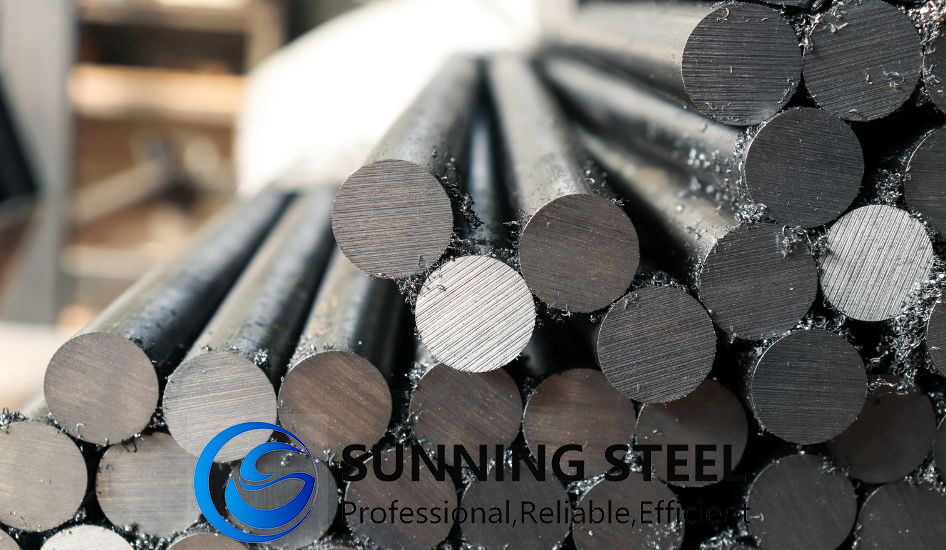
Stainless steel is the most used material for surgical tools. Martensitic grades like AISI 420, 440A, and 440C give hardness and corrosion resistance. They are used in scalpels, scissors, and clamps. Austenitic grades like 316L add biocompatibility and resistance to pitting.
Applications: Scalpels, forceps, surgical scissors, orthopedic instruments.
Titanium alloys, such as Ti-6Al-4V (Grade 5), give high strength with low weight. They also have strong biocompatibility. They are non-magnetic, so they can be used in MRI settings.
Applications: Bone saw blades, orthopedic tools, dental instruments.
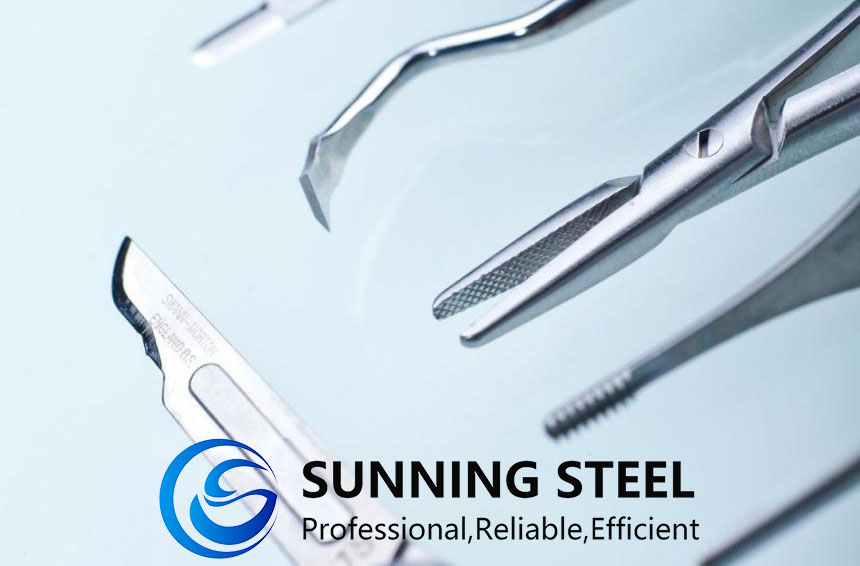
Cobalt alloys such as Co-Cr-Mo give high hardness and wear resistance. They last longer than stainless steel in tools that need sharp edges.
Applications: Orthopedic saws, joint replacement tools, and durable cutting instruments.
Some tools use nickel alloys like Inconel and Hastelloy. These alloys resist strong sterilization and extreme conditions.
Applications: Microsurgical instruments, endoscopic devices, and other specialty tools.
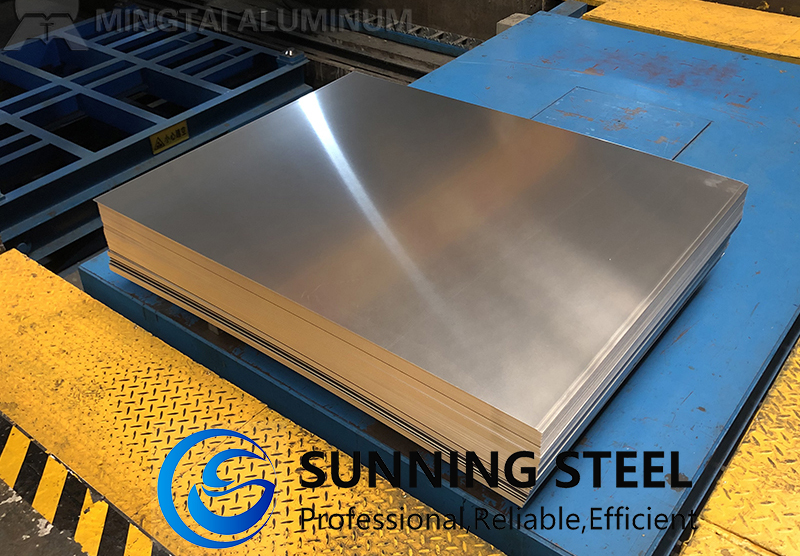
New research is shaping surgical alloys. Scientists study:
These ideas will support advanced surgery. They will help in minimally invasive care, robotic systems, and new implants.
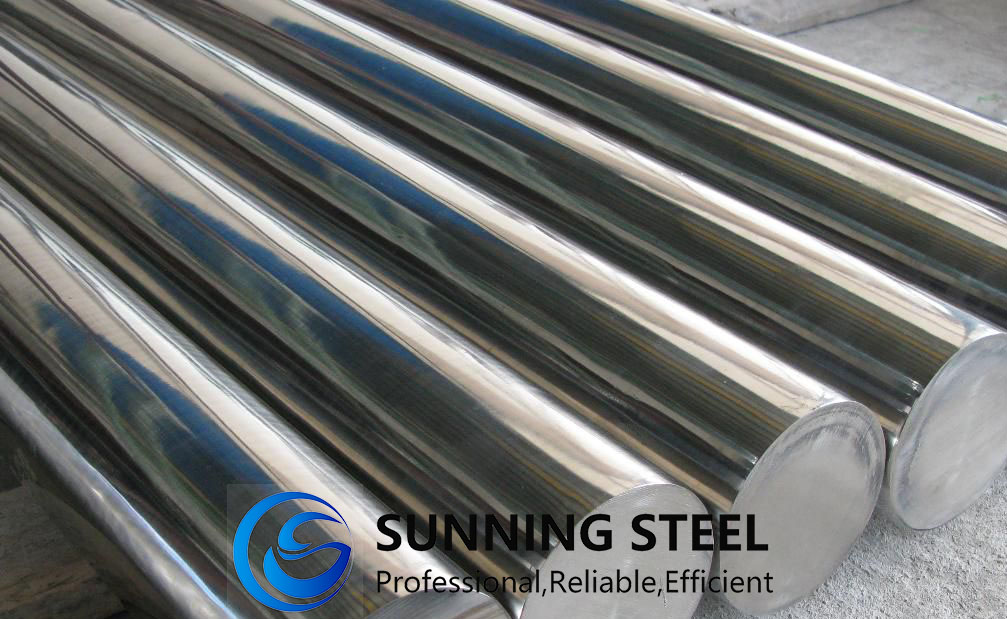
High-precision alloys are the basis of surgical tools. From stainless steel scalpels to titanium orthopedic devices, they give safety, accuracy, and reliability.
SUNNING STEEL LIMITED offers stainless steel, titanium, and special alloys for surgical use. We keep strict quality control and have export experience worldwide. We are a trusted partner for precision medical materials.